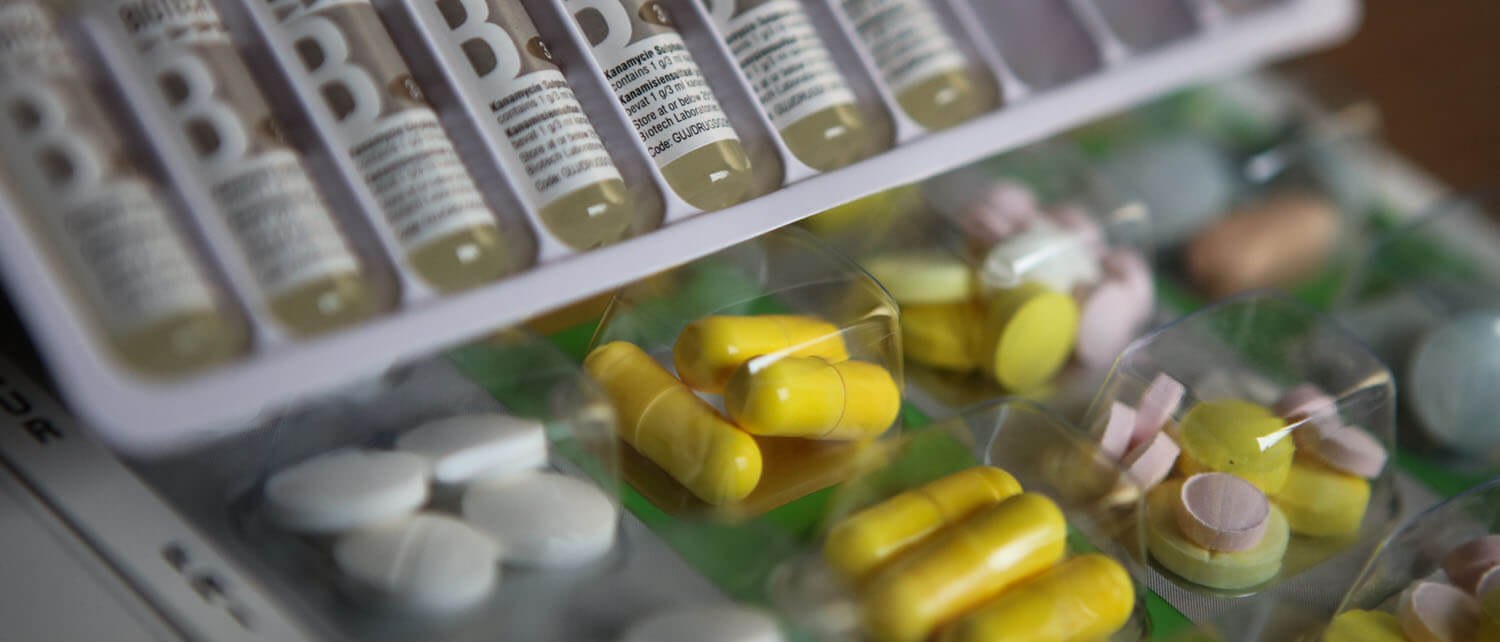TB Alliance congratulates the World Health Organization on the issuance of its rapid communication informing all stakeholders about the key implications for MDR-TB treatment regimens based on a new evidence assessment. This restructuring will limit the use of injectable drugs while prioritizing the use of novel drugs including bedaquiline and linezolid.
As outlined, the revised grouping of medicines recommended for use in MDR-TB regimens highlights the progress that has been made. We are closer than ever to the time when every person with drug-resistant tuberculosis can be treated with a short course, all-oral therapy consisting entirely of drugs to which there is minimal pre-existing resistance, and when toxic and relatively ineffective injectable TB drugs can be rendered obsolete.
Looking ahead into the not too distant future, novel, all-oral drug regimens should make it possible to meaningfully shorten the duration of therapy for drug-resistant TB to six months or less. Drug sensitivity testing should be infrequently needed. The treatment of what we now call drug resistant TB should be no more complicated, costly, lengthy or less safe or effective than that which is now available for what is presently termed drug sensitive TB.
There remains, however, an urgent need to build out a solid base of evidence for new treatment recommendations. New guidelines should be based on high grade data which clearly define the advantages and side effects of novel regimens. With the appropriate funding, research and development of these novel therapies will transform the therapeutic TB landscape, enabling health care systems to become significantly more effective while simultaneously saving millions of lives.
-Dr. Mel Spigelman, President and C.E.O., TB Alliance


